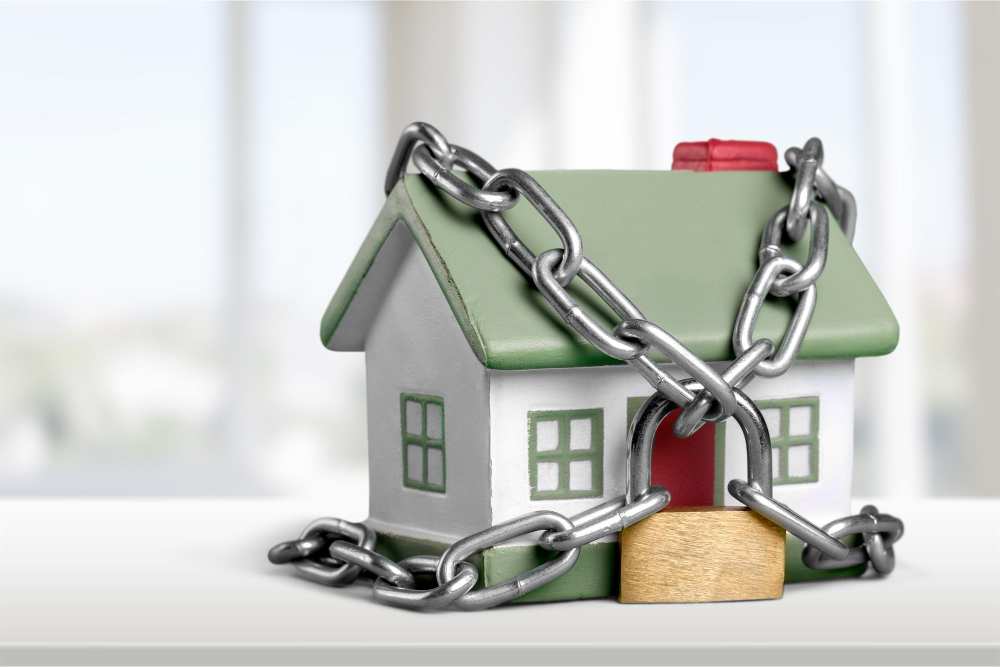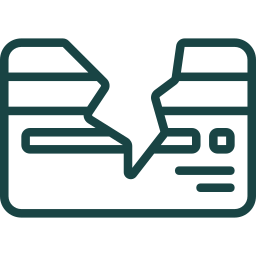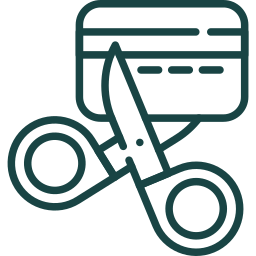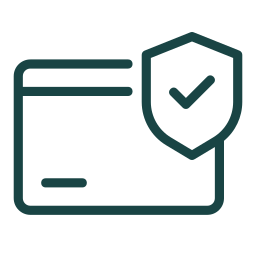Stop house repossession
Sell your house fast. Don’t lose your equity or let a harmful repossession be recorded on your credit. Sell property quickly. Get your free cash offer in 60 minutes or less!
Cost-free cash offer
Receive your funds in 7 days
Every type of property
What is house repossession?
House repossession is a legal process where a mortgage lender or bank takes action to claim ownership of your house, flat or other mortgaged property when you have fallen seriously behind on your loan repayments. Typically, lenders will only repossess a property as a last resort and will have tried other arrangements, such as a payment holiday or moving to an interest-only loan, before repossessing your house. You will usually be 6 months or more behind with your loan payments before repossession proceedings begin.


What happens when a house is repossessed?
If you fall seriously behind with your mortgage payments, the lender may sue to repossess your house. The lender typically initiates legal action to take ownership through the courts, usually resulting in the lender gaining ownership about 28 days after judgement. They can then sell the property and may auction it to recover what’s owed—loan balance, interest, fees. Any surplus funds go towards paying other secured debts like personal loans. If proceeds don’t cover all debts, the borrower may still owe remaining amounts, including fees and loans secured by the property.
How does a house repossession impact you?
Not only will you have no place to live, other negative effects come with a home repossession:

Lose your equity
You will probably lose any equity you may have in the house, as the lender will usually sell the property at auction and only seek what you owe, not the full market value of the home. Any equity you have built up will pass on to whomever buys your house from the lender.

You still have a debt
You may still owe the lender some money even after your house has been repossessed and sold if it sells for less than the balance on your loan. Keep in mind that the lender will have added hefty penalties and interest charges to the loan, so your final balance could be much higher than you expected.

Your credit is badly damaged
The repossession will be recorded on your personal credit report as a County Court Judgement. This could make it almost impossible for you to borrow money for at least 6 years. It may also make it more difficult for you to rent a new home, as landlords will usually check your credit before granting you a lease.
How to stop repossession of a house
You may be able to prevent the repossession of your property by taking these immediate actions:
Ask your lender to switch your loan account to interest-only for 12 months or more
This will lower your monthly payments and may give you a chance to catch up and pay down your arrears. Be aware that when you pay interest-only for a set period it will it take you longer to pay off your mortgage and you may pay more interest overall.
Ask your lender for a payment holiday or to extend your mortgage term
This could mean paying less each month for a fixed period or paying less for the duration of the loan to reduce the monthly sum. In both cases it will it take you longer to pay off your mortgage and you may pay more interest overall.
Sell your home fast
Selling your home to a cash house buyer such as Zapperty can eliminate mortgage debt and provide a host of other benefits.
How Zapperty can help with house repossessions
Selling your house can often be the easiest and best way to avoid repossession. Zapperty’s fast property sale process is an ideal solution for home owners with significant mortgage arrears:

Keep your equity!
Don’t give your hard-earned equity to the next owner of your home. Cash out now before your lender sells your home at auction and below true market price.

No more debt!
Selling on your own terms allows you to capture more of your home’s value – and let you clear off your full mortgage balance. Don’t let the bank chase you for unpaid debt after they repossess and sell your house.

Protect your credit!
A repossession is shown on your credit report as a County Court Judgement (CCJ). Selling your house can help you to avoid repossession, stop the CCJ, and keep the damage to your credit score to the minimum.
Sell your house fast. Avoid repossession. Get your free cash offer in 60 minutes or less!
Frequently Asked Questions About Avoiding House Repossession
Can Zapperty stop a house repossession?
Yes. We buy houses within 7 days of your initial enquiry. As long as our formal offer is more than your outstanding mortgage debt we can pay your lender back in full. That will stop the repossession immediately.
Why sell to Zapperty instead of going to repossession?
See the impacts of repossession noted above. Not only will a repossession probably eat up all your equity and leave you with a serious County Court Judgement on your credit report, the lender’s sale of your property could leave you still owing money. Instead, as long as Zapperty’s formal offer for your property is more than your outstanding mortgage you could put cash in your pocket, prevent a court judgement against you and pay your property debt in full.
Can Zapperty stop a County Court Judgement (CCJ) in my name?
Yes. To stop a CCJ you need to pay the outstanding debt in full within 30 days of it being determined by the court. If you do so, the CCJ does not get recorded in your name. Zapperty can buy your property in 7 days or less. As long as our formal offer is more than your mortgage debt you can pay off your lender and stop the CCJ from going through.
Is selling my house the best way to avoid house repossession?
If you have no other way to pay off your arrears and you cannot reach an ongoing agreement with your mortgage lender, selling your house may be the best option for you. You should always try to avoid repossession.
How long does a house repossession take?
Keep in mind that the lender does not want to repossess your home. It costs them money to do so. Therefore, your mortgage arrears will have to be substantial for a lender to take this path – usually 6 months behind or more. Once a repossession action has begun it typically takes 5 to 6 months to complete, although it could take much longer. The lender will probably sell the property at auction within 6 to 8 weeks of taking ownership.
Popular locations we operate
Zapperty will buy your house no matter where you are in the United Kingdom including England, Scotland, and Wales. Whatever your reasons for selling your house fast, we will be there every step of the way.
Whether you’re wanting to sell and downsize in London, you’re located along the coast in Devon or up in the North East of England, we can offer you a simple, seamless house selling process.
